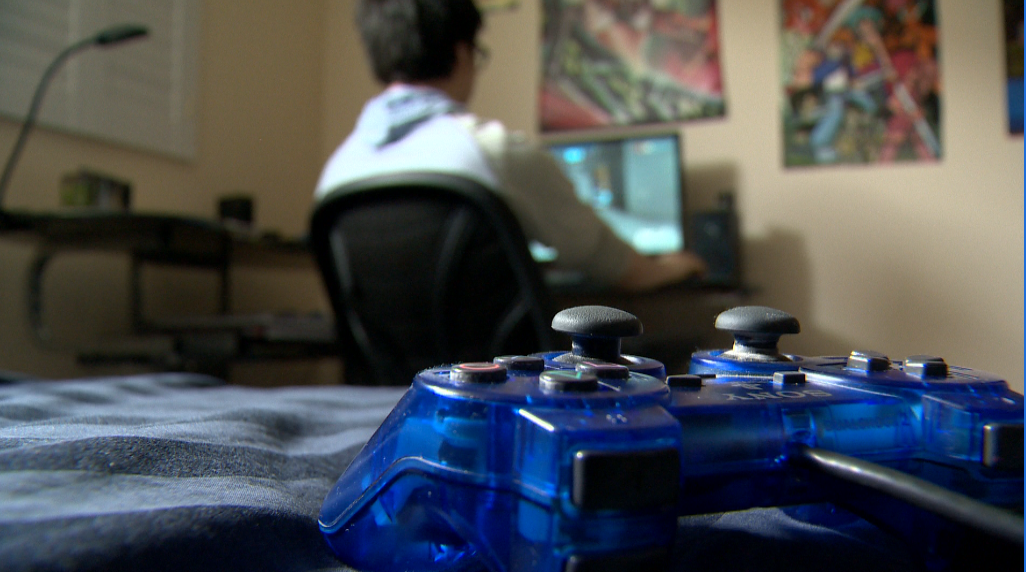By today’s video game standards, “Death Race” would seem rather quaint. Four decades ago, however, it caused quite a stir.

As the New York Times reported in December of 1976, about 900 of the games had been sold to “amusement arcades, fun parks and bars,” much to the chagrin of the National Safety Council, which described the game as “insidious,” “morbid,” “gross” and “sick, sick, sick.” It may have been the first time that a seemingly violent video game sparked a massive moral panic, but it would clearly not be the last.
The cycle has unfortunately repeated itself over and over again, despite a lack of evidence linking video games to violence, and despite an ongoing decline in rates of actual violence. Because video games are seen by some as an immoral, corrupting force, they’ve become a convenient scapegoat.
Certainly, in an American context, it’s odd how the Second Amendment is so sacrosanct as to prevent any action on making certain types of firearms harder to purchase, but the First Amendment can happily be trampled upon in pursuit of bans and restrictions on certain kinds of video games. Mind you, it’s been politicians on both the right and the left who have pandered to anti-video game sentiment.
In the aftermath of yet another mass shooting in the U.S., attention has once again been brought to bear on video games. On Thursday, U.S. president Donald Trump convened a meeting involving representatives from the video game industry and some prominent critics of video games.
Trump himself has long been a critic of violent video games, going back to long before he became president:
President Trump summoned executives from the video game industry to answer the question many American parents are asking — whether violent games are linked to violent behavior.

As it turns out, however, we know much about the video game habits of some of these mass shooters. Following the Sandy Hook massacre, it was alleged that gunman Adam Lanza was into violent video games. In the state of Connecticut’s final report on the shooting, it was noted that Lanza’s game of choice was “Dance Dance Revolution,” a rather innocuous and decidedly non-violent video game.
Violent video games were also cited as a culprit following the 2007 Virginia Tech massacre, but yet again that turned out not to be the case. The state’s report on the massacre concluded that gunman Seung-Hui Cho wasn’t much of a video gamer, but among those he did partake in, “none of the video games were war games or had violent themes.”

Get daily National news
There is some indication that the Parkland, Fla., school shooter was heavily into violent video games, but that’s not yet been confirmed. Of course, it’s much more likely that his violent and anti-social tendencies spawned the obsession rather than the other way around.
But this need not be something we speculate about. There is an abundance of evidence pointing us to the conclusion that violent video games are not causing actual violence. The real question is why so many remain blind to it.
First of all, there’s the inescapable fact that as video games have become more ubiquitous and more graphic, there’s been a steady decline in youth crime rates — including violent crime. Canada’s rates peaked in 1991, and have been declining ever since. From 2000 to 2014, for example, Canada’s youth crime rate fell by 42 per cent, higher than the 34 per cent decline in the overall crime rate.
The trend has been much the same in the U.S. and in other countries, too. If we’re talking about violent video games as a possible cause of crime and violence in the U.S., we can’t overlook the fact that these exact same video games are played in countries around the world.
Moreover, though, we have numerous studies that have examined the very specific question of whether video games cause violence, and it seems pretty clear that the answer is ‘no.’
There are rational and reasonable conversations to be had around video games: How much time are kids spending playing games? Is it distracting from school life or social life? Are kids playing age-appropriate games?
But in order to have these rational and reasonable conversations, we need to dispense with the notion that video games are to blame for mass shootings or other forms of violence or carnage plaguing society.
Rob Breakenridge is host of “Afternoons with Rob Breakenridge” on Global News Radio 770 Calgary and a commentator for Global News.








Comments